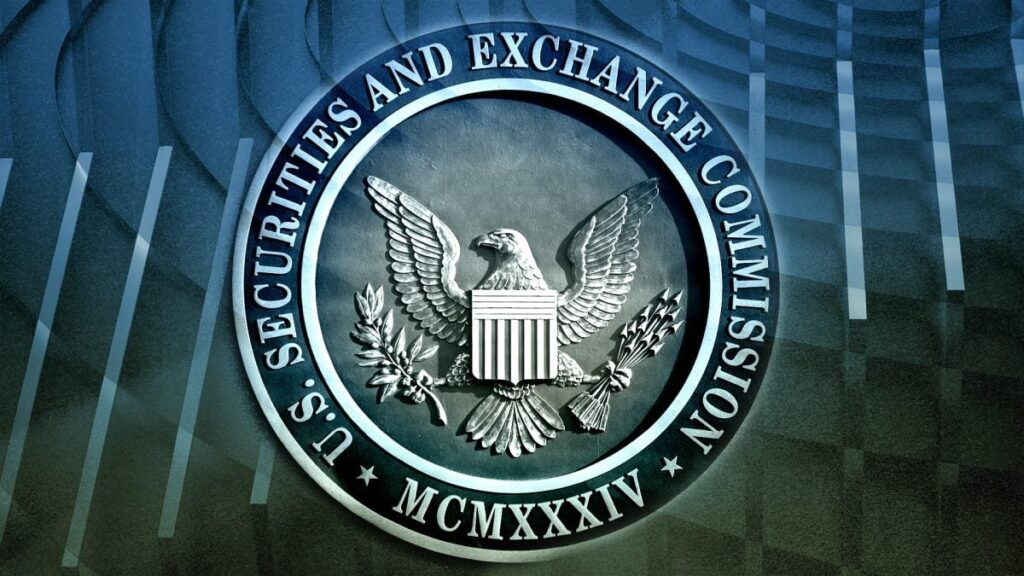U.S. SEC Rejects Ripple’s Bid to Lower Fines, Stating “Ripple is Agreeing to Nothing”

QUICK TAKE:
- SEC pushes back on Ripple’s request for lower fines, asserting that Ripple is not agreeing to any concessions.
- Ripple has been in a legal battle with the SEC since 2020 over the sale of XRP to institutional investors.
- The SEC argues that Ripple’s comparison to Terraform Labs’ settlement is not valid due to differing circumstances.
The U.S. Securities and Exchange Commission (SEC) has firmly rejected Ripple’s efforts to reduce its fines in the ongoing legal case, claiming that Ripple is not making any concessions. This response comes amid a prolonged legal battle that began in 2020 over Ripple’s sale of XRP to institutional investors.
SEC vs. Ripple: The Legal Battle Continues
Ripple’s legal struggle with the SEC has been a prominent case in the cryptocurrency sector. The latest development involves Ripple’s attempt to lower the $2 billion fine proposed by the SEC. Ripple filed a “notice of supplemental authority” to a New York district court on June 13, arguing that their fine should be comparable to that of Terraform Labs, which recently settled with the SEC.
On June 14, the SEC countered this argument, stating that the circumstances surrounding the Terraform Labs settlement are significantly different from those of Ripple. The SEC’s attorneys emphasized that Terraform Labs, unlike Ripple, is bankrupt, ceasing operations permanently, and taking significant steps to rectify their violations, including returning a substantial amount to investors and removing key board members involved in the misconduct.
Comparing Cases: Ripple and Terraform Labs
Ripple’s argument hinged on comparing its case to the recent SEC settlement with Terraform Labs, which agreed to pay $4.47 billion and implement strict measures to prevent future violations. Ripple pointed out that their case lacks allegations of fraud, unlike the civil fraud charges against Terraform Labs co-founder Do Kwon. Ripple suggested that their penalty should not exceed $10 million, a figure they derived by comparing the gross sales ratios of the two cases.
The SEC, however, argued that this comparison is not valid. They noted that Terraform Labs’ penalty, calculated against gross sales, does not equate to Ripple’s circumstances. According to the SEC, using the same gross profit ratio applied to Terraform would result in a significantly higher penalty for Ripple, amounting to $102.6 million.
The SEC’s Position
The SEC highlighted that Ripple is not agreeing to any of the remedial actions taken by Terraform Labs, which include ceasing operations and returning funds to investors. “Ripple is agreeing to none of this relief—in fact, Ripple is agreeing to nothing,” the SEC stated.
The SEC further criticized Ripple’s comparison of penalty amounts, arguing that a more accurate comparison using gross profits from violative conduct would result in a much higher fine than Ripple’s proposed $10 million. The SEC maintains that such a low penalty would not fulfill the objectives of the civil penalty statutes.
Ripple’s Response
Stuart Alderoty, Ripple’s Chief Legal Officer, responded to the SEC’s stance over the weekend, criticizing their refusal to reduce the fines. The response from Ripple’s legal team underscores the ongoing contention and the high stakes involved in this landmark case.
Conclusion: The Road Ahead
As the legal battle between Ripple and the SEC continues, the outcome remains uncertain. Ripple’s attempt to lower its fines by drawing comparisons to Terraform Labs’ settlement has been robustly challenged by the SEC, which insists that the cases are not directly comparable due to differing circumstances and remedial actions.
This case not only impacts Ripple but also sets a precedent for how regulatory bodies handle enforcement in the rapidly evolving cryptocurrency space. The industry watches closely as this high-profile legal struggle unfolds, with significant implications for the future of digital asset regulation in the United States.
4o



